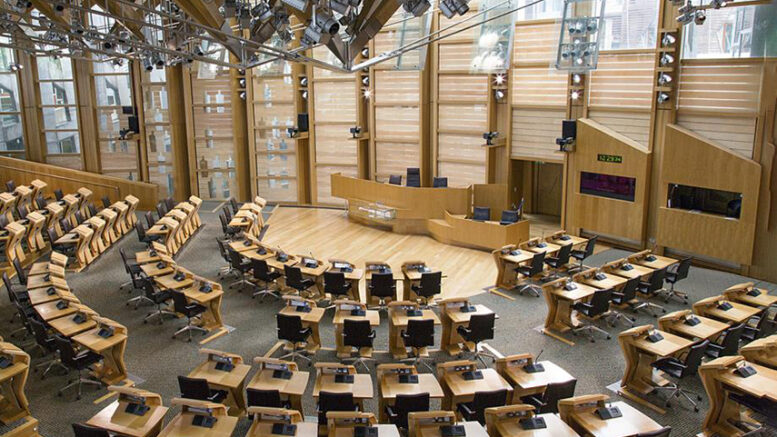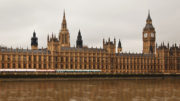A recent investigation has uncovered a significant exodus of landlords from Scotland’s private rental sector, attributed to what some describe as “attacks and excessive taxation” on property owners. David Todd, who heads KW Property Sales & Management in Haddington, Edinburgh, revealed these findings after submitting a Freedom of Information request to the Scottish Government, focusing on landlords who own only one property.
The data shows a stark decrease in the number of single-property landlords over the past few years. In May 2019, there were 228,212 such landlords registered in Scotland. However, as of June this year, that number has plummeted to 179,516—a drop of nearly 50,000 landlords.
Impact of Legislation on Rental Market
David Todd attributes this alarming decline to a series of policy decisions that have made it increasingly difficult for landlords to operate in Scotland. “This is due to continued attacks on the sector with excessive taxation, ongoing costly legislation changes, and a political system that is anti-landlord,” he said. Todd warns that the departure of these landlords is exacerbating Scotland’s housing crisis, particularly in the private rented sector. “Unfortunately, this means that there are now 50,000 fewer properties available for rent in the private rented sector, putting additional pressure on a crumbling social sector,” he added.
The issue is compounded by the fact that social housing stock in Scotland has not kept pace with demand. Todd noted that in East Lothian, where his office is based, the number of available rental properties is dwindling, leaving many would-be tenants with few options.
Political Climate and Its Consequences
Scotland has been at the forefront of implementing strict regulations on the rental market, including measures like rent controls and eviction bans. These have been particularly stringent compared to the rest of the UK. Since April, landlords in Scotland have been able to propose rent increases for tenants on private residential tenancy agreements. However, tenants have the right to challenge these increases, which are then subjected to a tapering formula by a rent officer. This formula often results in the proposed increase being lowered, adding another layer of complexity for landlords.
David Todd is not alone in his concerns. David Alexander, chief executive of DJ Alexander, has highlighted the long-term decline in social housing stock in Scotland. According to Alexander, social housing made up 37.5% of Scotland’s total housing stock in 1993, but by 2020, this had dropped to 23%, representing a loss of 214,000 homes over nearly three decades.
Future Challenges for the Scottish Rental Market
The ongoing reduction in the number of rental properties available, coupled with the stringent regulations imposed on landlords, is likely to continue putting pressure on both the private and social housing sectors in Scotland. As landlords exit the market, tenants may find it increasingly difficult to secure rental accommodation, potentially driving up rents and exacerbating the housing crisis further.







